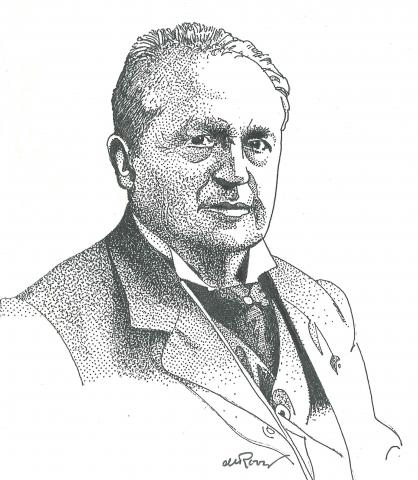A revised and updated version of
Abraham Kuyper: An Annotated Bibliography 1857-2010 by Tjitze Kuipers (2011)
You can buy a printed edition of this book on the site of the publisher.
1913
Speech delivered to the Federation of Anti-Revolutionary Electoral Associations in Amsterdam, of which Kuyper had been the chairman from 1897 to 1901 (see 1951.03). He delivered the speech in the Concertgebouw in Amsterdam. With an eye toward the upcoming elections of June 17, 1913, Kuyper began by making a few critical remarks about the system of electoral districts (there were eighteen in all). He then offered an assessment of the Heemskerk cabinet—which assessment ended with a declaration of his support. Working from the perspective of Bilderdijk’s enthusiastic ode on Jeremiah 33:25, “Orde”—the first lines of which Kuyper had printed on the title page—the speech drew connections between God’s ordinances and three issues at stake in the election: the Tariff Act, suffrage, and the education question.
According to Kuyper, God’s holy order has divided mankind into peoples with distinct national interests. To preserve these national interests the dogma of free trade ought to be rejected. Furthermore, God’s holy order brings forth the life of a nation organically from the family. General suffrage does not correspond to this order, but householder franchise does (see 1912.09). Finally, with respect to parental rights, God’s holy order provides the anchor for freedom of education; therefore, the state may not control education, which should be left to free schools. In sum, the speech constitutes a defense of Anti-Revolutionary political ideas against classical liberalism.


